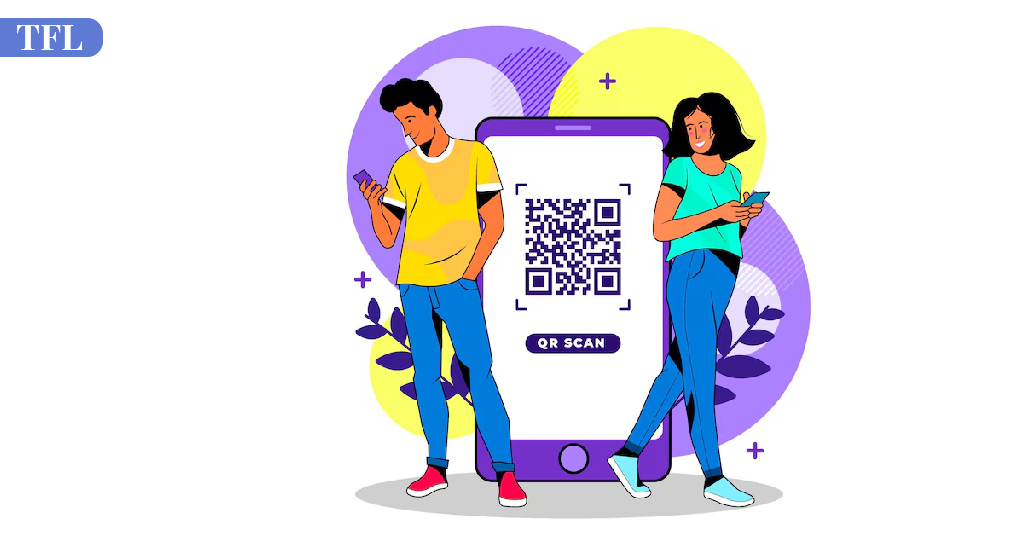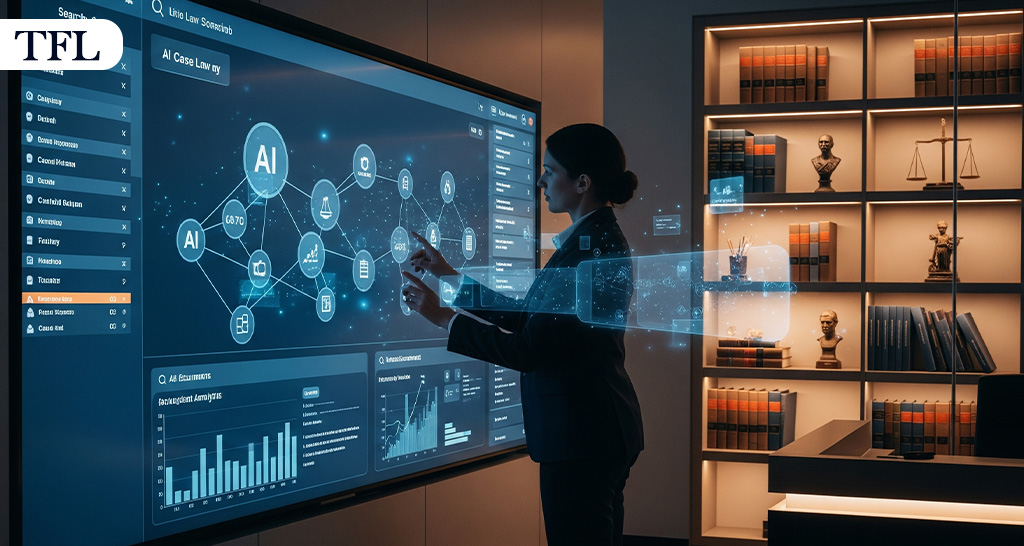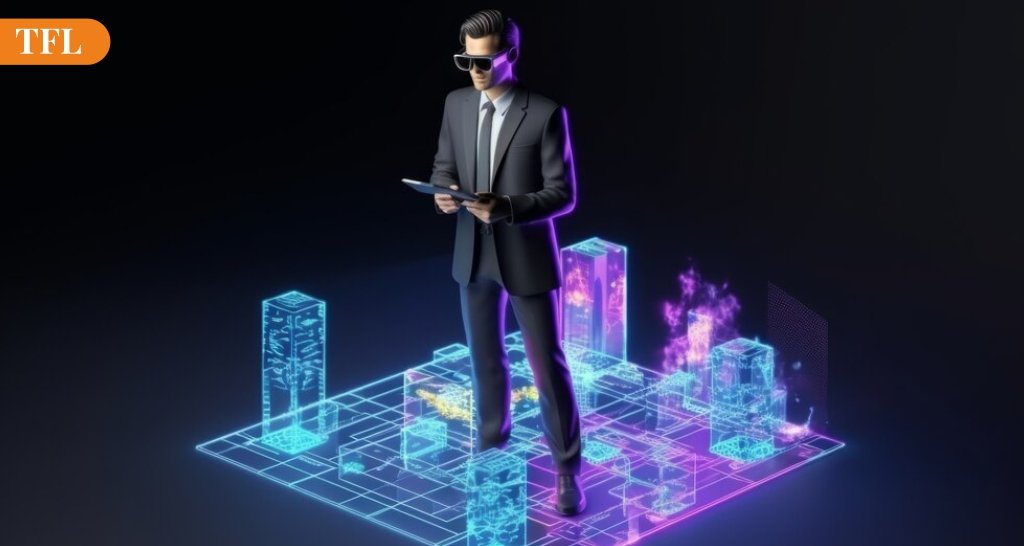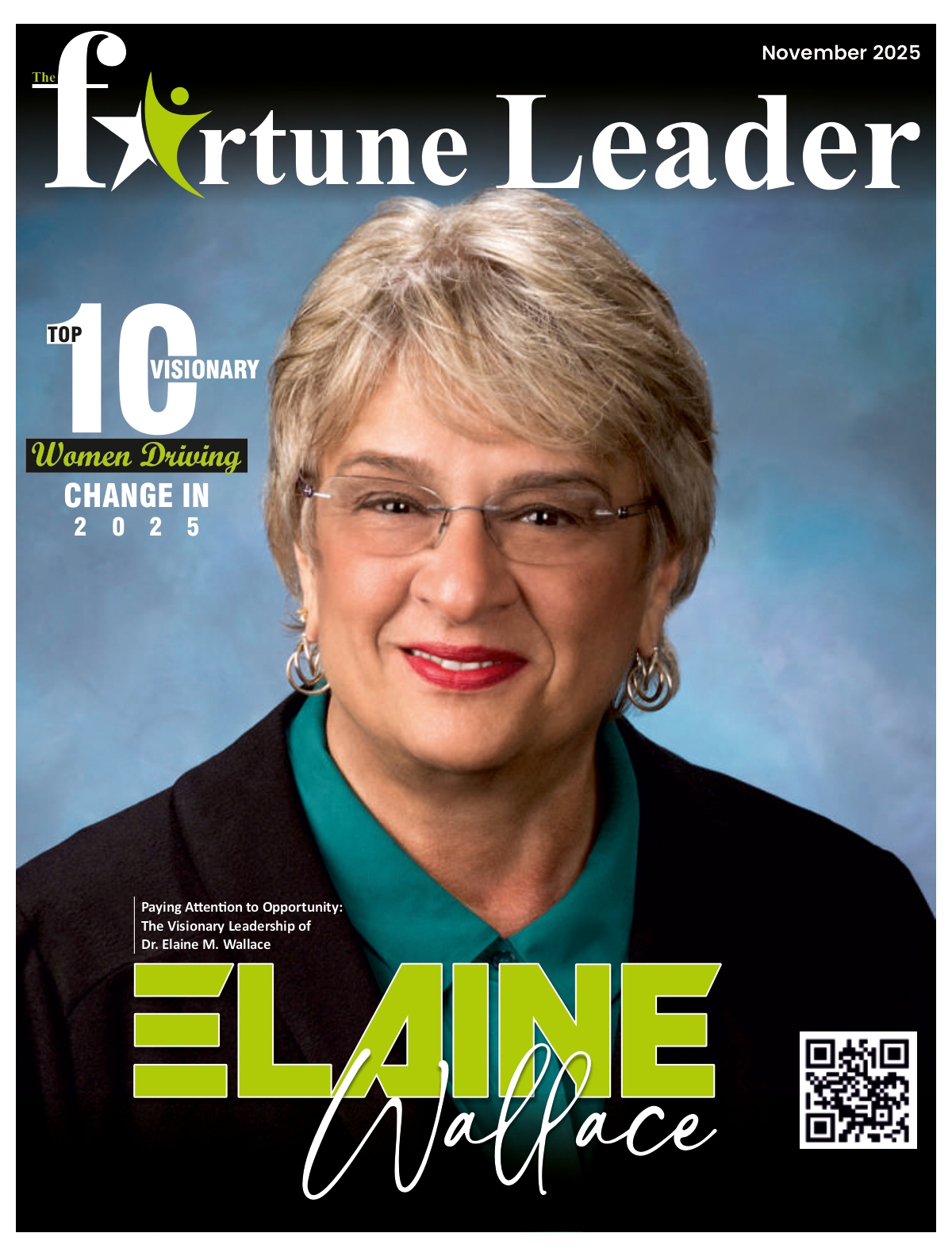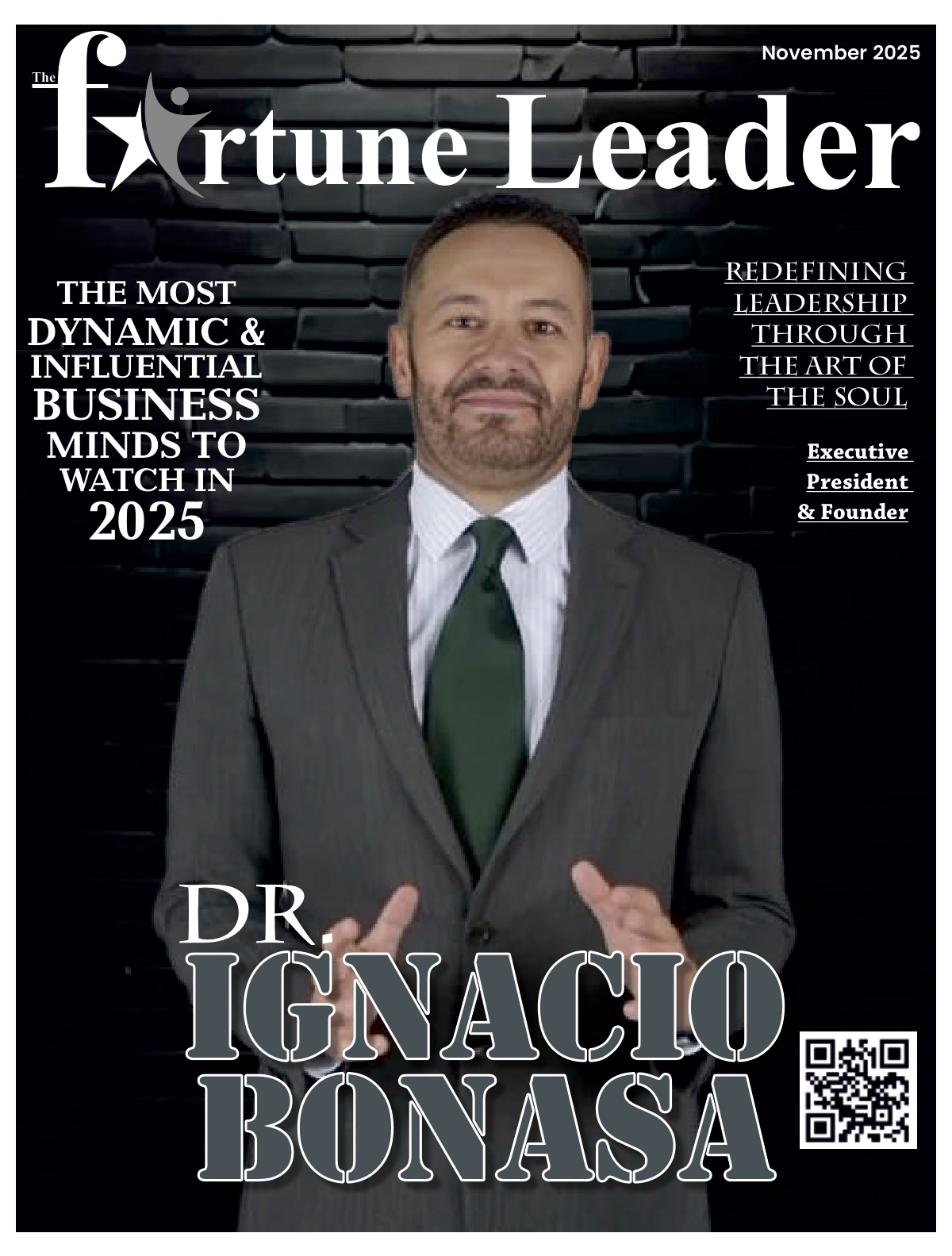In today’s fast-paced digital age, QR codes have emerged as versatile tools that bridge the gap between the physical and virtual worlds. These unassuming square patterns, often overlooked, hold immense potential to revolutionize various industries and enhance user experiences
Retail and E-Commerce:
Exploring QR codes have found a significant role in retail and e-commerce. Shoppers can effortlessly scan QR codes on products to access detailed information, reviews, and even make purchases online. This seamless interaction enhances the shopping experience by providing instant access to information that aids in making informed decisions.
Hospitality and Dining:
Restaurants and hotels are also leveraging QR codes to streamline processes. Guests can scan codes to view menus, place orders, and even make reservations. This eliminates the need for physical menus and reduces wait times, ensuring a more efficient and convenient experience.
Marketing and Advertising:
QR codes serve as a bridge between offline and online marketing efforts. Marketers can place QR codes on print materials, enabling users to quickly access websites, promotional videos, or exclusive offers. This innovative approach enhances engagement and tracks the effectiveness of different marketing campaigns.
Healthcare and Documentation:
In the healthcare sector, QR codes have simplified patient care. Medical professionals use them on wristbands or documents to access patient information, ensuring accurate treatment. Additionally, QR codes facilitate the secure transfer of medical records and documentation, streamlining administrative tasks.
Travel and Tourism:
QR codes have transformed the way we explore new destinations. Historical sites, museums, and tourist attractions use QR codes to provide visitors with in-depth information about exhibits and landmarks. This self-guided approach empowers tourists to learn at their own pace.
Education:
Even education has embraced the QR code revolution. Teachers use them to share additional resources, such as reading materials or videos, to complement traditional lessons. Students can access these resources easily by scanning the codes with their smartphones.
Contactless Payments:
QR codes have paved the way for contactless payments, reducing the need for physical cash or cards. By scanning a Exploring QR Codes, customers can make payments swiftly, enhancing convenience and security.
In conclusion, the unassuming QR code has far-reaching implications across diverse fields. Its ability to seamlessly connect the physical and digital realms has led to transformative changes in industries such as retail, hospitality, marketing, healthcare, tourism, education, and beyond. As technology continues to evolve, Exploring QR Codes are likely to remain a vital tool for enhancing user experiences and revolutionizing the way we interact with the world around us.

